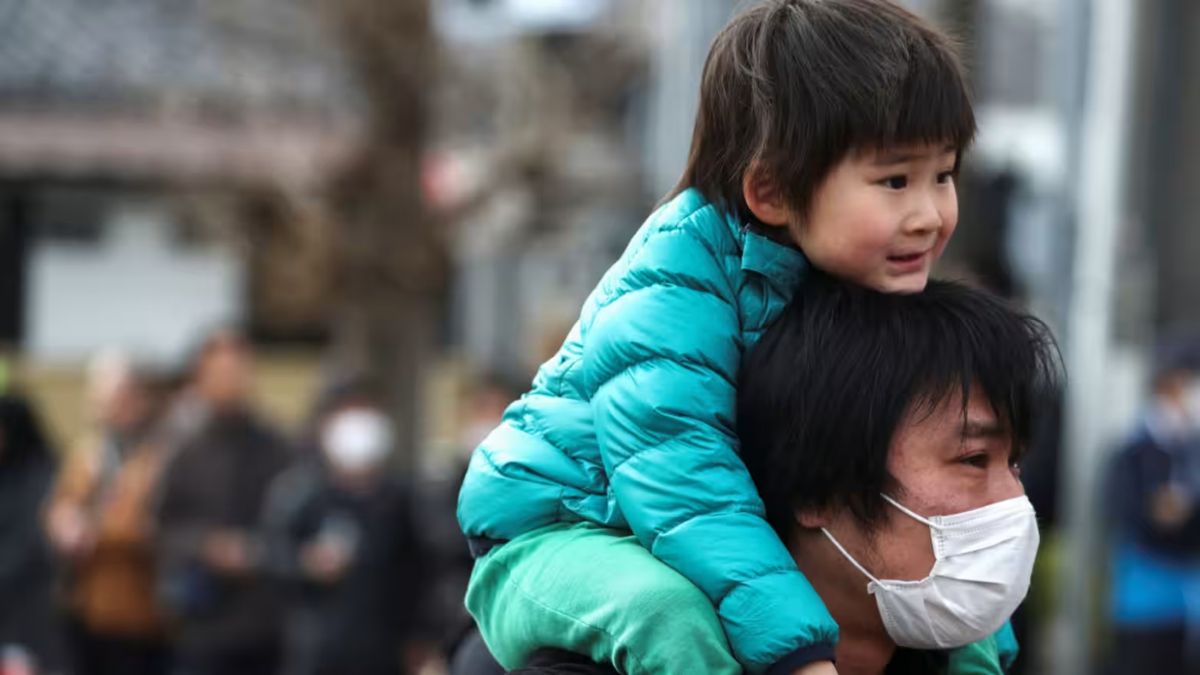The number of babies born in Japan fell to a record low of 720,988 in 2024– making it the ninth consecutive year of decline, the country’s health ministry said on Thursday (February 27).
The continued drop comes amid the country’s rapidly ageing population and shrinking workforce.
Births declined by 5 per cent from the previous year despite efforts by former Prime Minister Fumio Kishida’s government in 2023 to encourage childbearing.
Meanwhile, deaths in Japan reached a record 1.62 million, meaning more than two people died for every baby born.
Declining marriages a key factor
Japan’s most recent fertility data showed a rate of 1.20 births per woman in 2023.
One major factor behind Japan’s declining birth rate is the drop in marriages in recent years, exacerbated by the Covid-19 pandemic, said Takumi Fujinami, an economist at the Japan Research Institute.
Although the number of marriages in Japan rose slightly in 2024– up 2.2 per cent to 499,999– that increase followed steep declines in previous years, including a 12.7 per cent plunge in 2020.
“The impact could linger on in 2025 as well,” Fujinami said.
Unlike in some Western countries, births outside of marriage remain rare in Japan, meaning the drop in marriages has a direct impact on the birth rate.
Comparisons with South Korea
Japan’s demographic struggles contrast with neighbouring South Korea, where the fertility rate rose for the first time in nine years.
South Korea’s rate increased to 0.75 births per woman in 2024 from 0.72 the previous year– early signs of a shift in the country’s population crisis.
Impact Shorts
More ShortsExperts believe South Korea’s slight rebound resulted from government policies supporting work-family balance, childcare assistance, and affordable housing, along with efforts by businesses to encourage employees to start families.
Fujinami cautioned that it is too early to draw direct comparisons between the two countries but said both need to improve job opportunities and close gender gaps if they hope to reverse declining birth rates.
Japan, like South Korea, has implemented policies to address its demographic crisis, but so far, they have failed to produce meaningful results. With deaths outpacing births at an accelerating rate, experts warn that Japan’s ageing crisis will continue to deepen unless a significant shift occurs.
With inputs from agencies


)

)
)
)
)
)
)
)
)



